Venki Ramakrishnan, structural biologist and Nobel Prize winner, joins host Krys Boyd to discuss the quest to live forever, if that’s even ethical, and what it looks like to alter our physiology.
Read more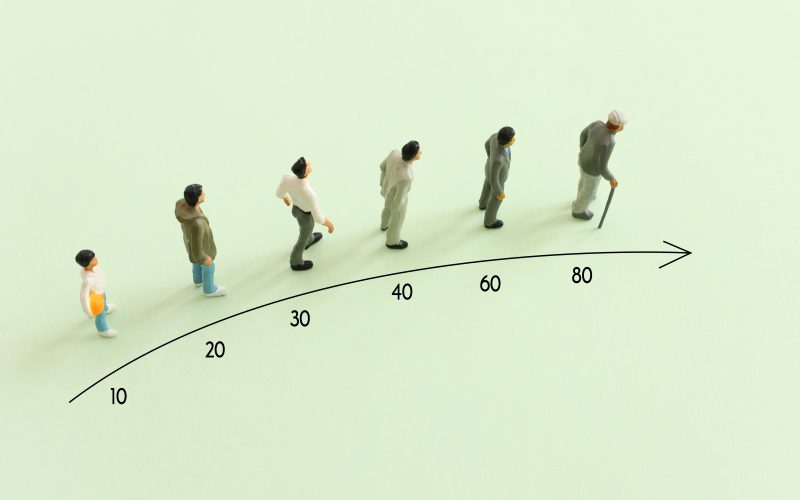


Venki Ramakrishnan, structural biologist and Nobel Prize winner, joins host Krys Boyd to discuss the quest to live forever, if that’s even ethical, and what it looks like to alter our physiology.
Read more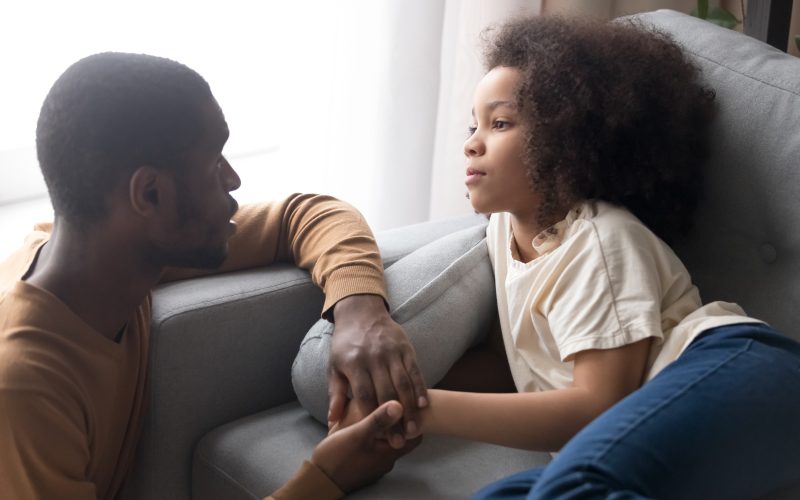
Author and journalist Abigail Shrier joins host Krys Boyd to discuss why, even as more adolescents are receiving mental health care than ever before, the numbers for those suffering continues to rise.
Read more
Dr. Elizabeth Comen, an oncologist specializing in breast cancer, joins host Krys Boyd to discuss the history of sexism in medicine and why lingering stereotypes still affect women’s medical care.
Read more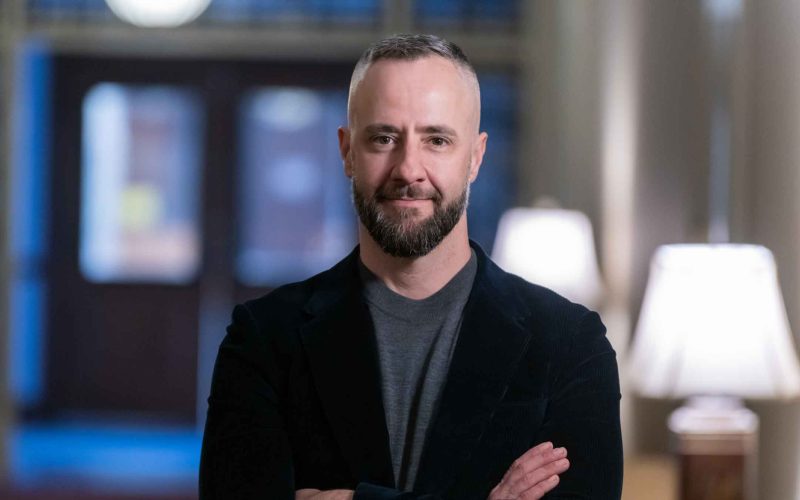
David Ambroz joins host Krys Boyd to discuss his life’s work of fighting for child welfare, the subject of his new memoir.
Read more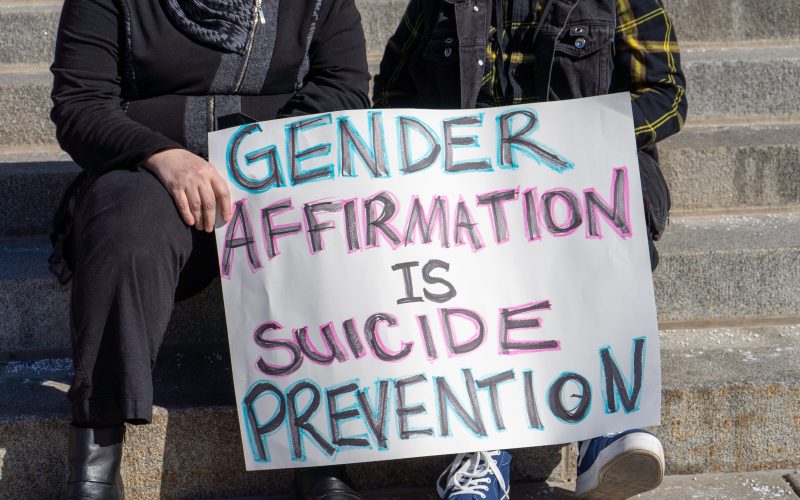
Andrea Long Chu, book critic for New York magazine, joins host Krys Boyd to discuss why she believes it is an inalienable right to choose one’s sex and why children need to have agency in their own lives.
Read more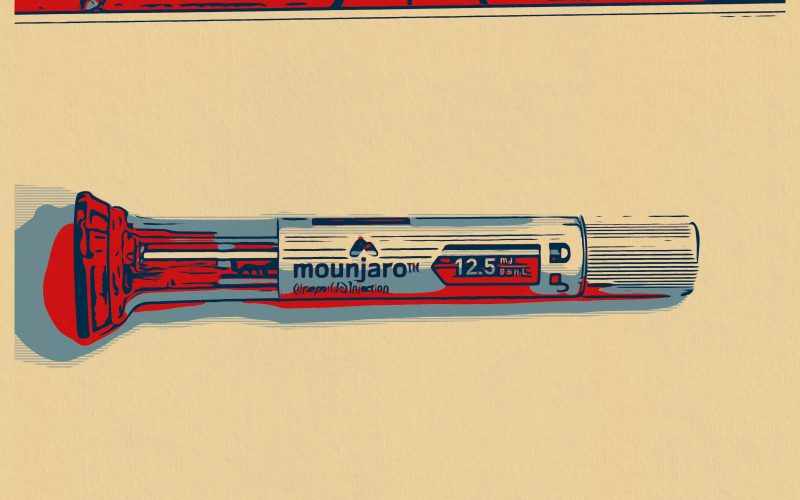
Brian Resnick is science correspondent at Vox, joins host Krys Boyd to discuss why new GLP-1 drugs such as Ozempic and Wegovy seem to target appetite but actually work with brain chemistry.
Read more
Steven Rogelberg, professor at UNC Charlotte, joins host Krys Boyd to discuss why one-on-one check-ins with employees are proven to increase job performance – and why we avoid them anyway.
Read more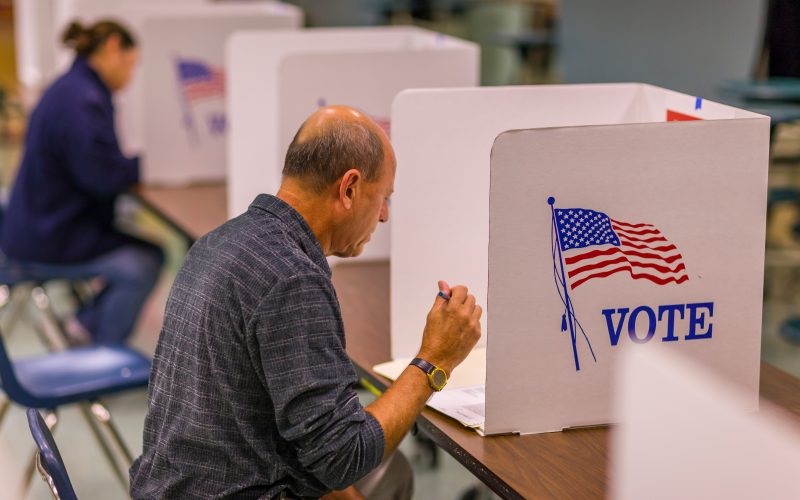
Michael Bruter, professor of political science at the London School of Economics, joins host Krys Boyd to discuss the psychology of voting, why it helps us feel connected to a larger purpose in life, and how voters make their choices.
Read more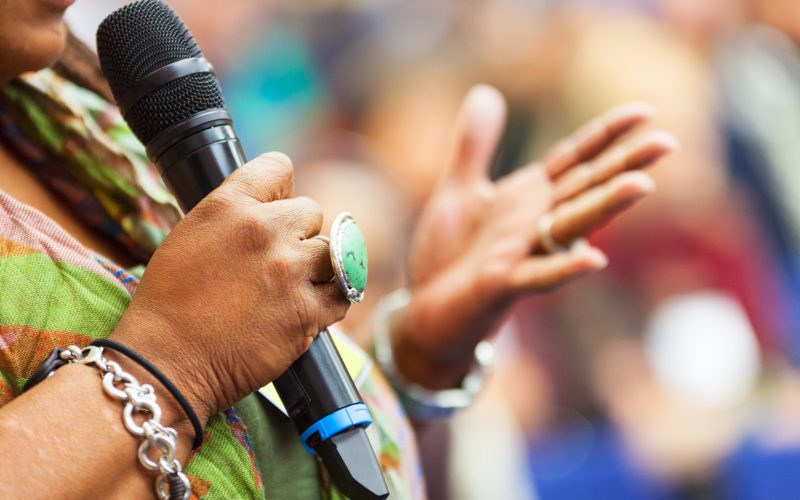
Elaine Lin Hering joins host Krys Boyd to discuss how to voice an opinion, even when it’s uncomfortable, and how you can advocate for yourself and others.
Read more
Rhaina Cohen, producer and editor at NPR, joins host Krys Boyd to discuss when friends become non-romantic partners, teaming up to weather finances and aging, and why we should work to protect these significant bonds.
Read more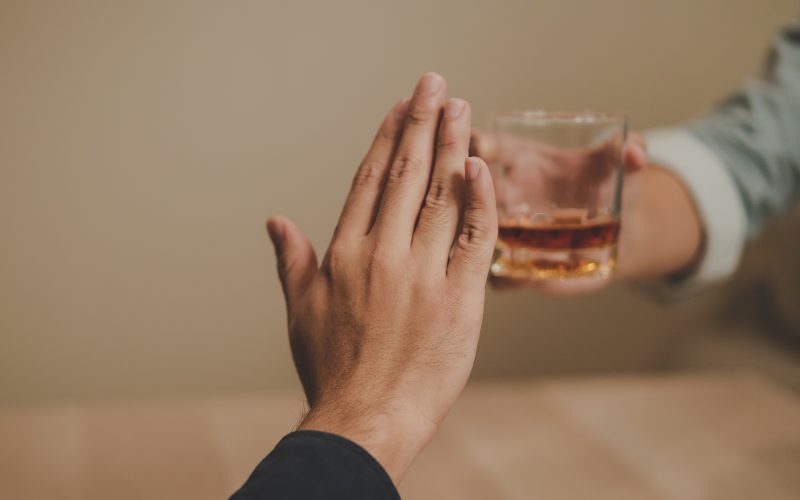
Ernesto Londoño, a New York Times reporter, joins host Krys Boyd to discuss the changing views of sobriety, why some in the medical community feel like total abstinence is unrealistic, and how this is changing addiction treatment.
Read more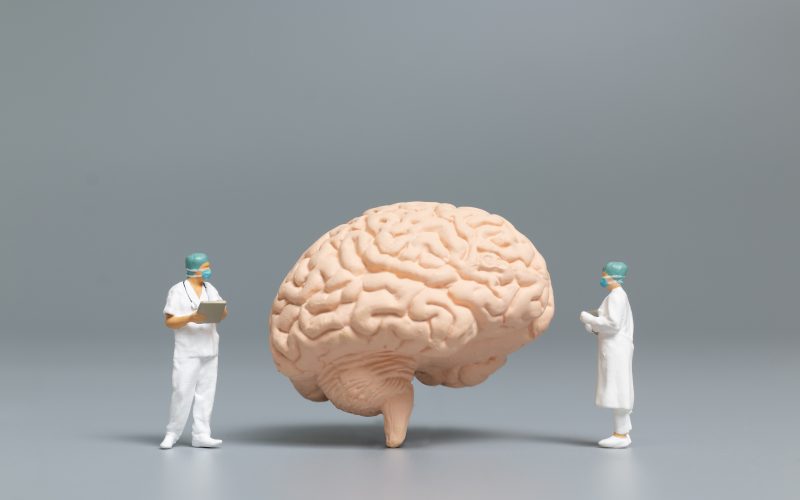
Camilla Nord, who leads the Mental Health Neuroscience Lab at the University of Cambridge, joins host Krys Boyd to discuss the latest science of brain health – what works to return to equilibrium and why it sometimes doesn’t.
Read more